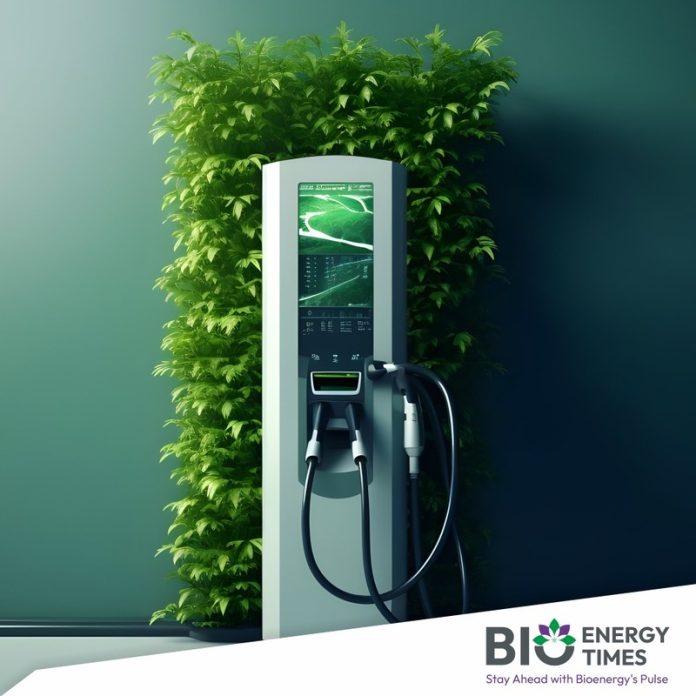As LPG Week 2024, organized by the World Liquid Gas Association (WLGA), draws near, Suyash Gupta, Director General of the Indian Auto LPG Coalition (IAC), has urged the Government of India and Original Equipment Manufacturers (OEMs) to recognize Auto LPG as a cleaner, more affordable fuel alternative.
Referring to Auto LPG as a “Net Zero Hero,” Gupta highlighted its significant environmental and economic benefits in the transition to a cleaner automotive energy landscape. The global event, set to take place in Cape Town, South Africa, from November 18-22, will bring together leaders from over 300 companies across 125 countries to discuss the latest developments in LPG and Autogas.
A key focus of the conference will be Autogas Day, on November 21, which will feature expert panels, exhibitions, and virtual discussions centered on the competitive and environmental advantages of Autogas around the world. Gupta emphasized the environmental benefits of Auto LPG, noting that it emits 20% less CO2 than petrol, 60% less than diesel, and generates minimal particulate matter (PM) along with significantly lower nitrogen oxide (NOx) emissions. “Auto LPG is a powerful tool in the fight against air pollution and public health concerns,” he said.
In addition to its environmental advantages, Gupta pointed out the economic benefits of Auto LPG, which is about 40% cheaper than petrol. Converting a petrol vehicle to Auto LPG costs around Rs 30,000, significantly less than the Rs 3-5 lakh required to convert a vehicle to electric (EV) technology. “This makes Auto LPG a highly cost-effective option for both consumers and manufacturers,” he added.
Gupta also addressed the opportunity for OEMs, suggesting that adopting Auto LPG offers a more affordable way to comply with stricter emission standards while meeting the growing demand for eco-friendly and budget-friendly fuel alternatives. “The conversion and infrastructure costs for Auto LPG are far lower compared to EVs and CNG, giving OEMs a competitive edge in the market,” he noted.
Despite the success of the Ujjwala Yojana, which has improved LPG infrastructure across India, Gupta pointed out that the country’s annual Auto LPG consumption is only 0.35 million tonnes, compared to over 25 million tonnes globally. With more than 27 million vehicles worldwide running on Auto LPG, the potential for growth in India remains vast.
Gupta concluded by reiterating IAC’s commitment to advancing sustainable fuel solutions and urged policymakers to include Auto LPG in India’s fiscal and environmental strategies. “To meet India’s environmental and economic goals, we need fiscal incentives and a supportive policy framework for Auto LPG,” he said.
To read more about Green Hydrogen Industry News continue reading Bioenergytimes.com















